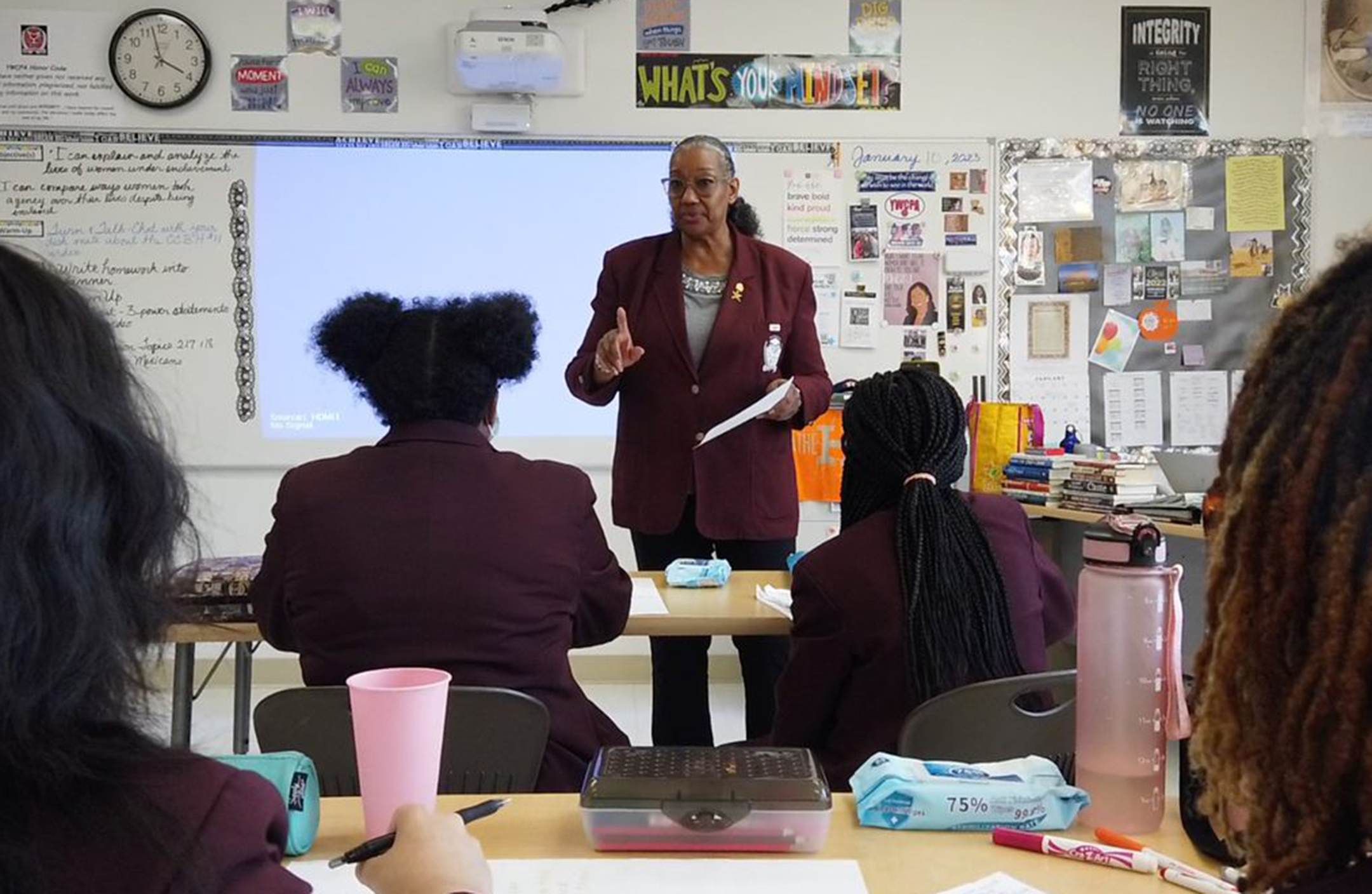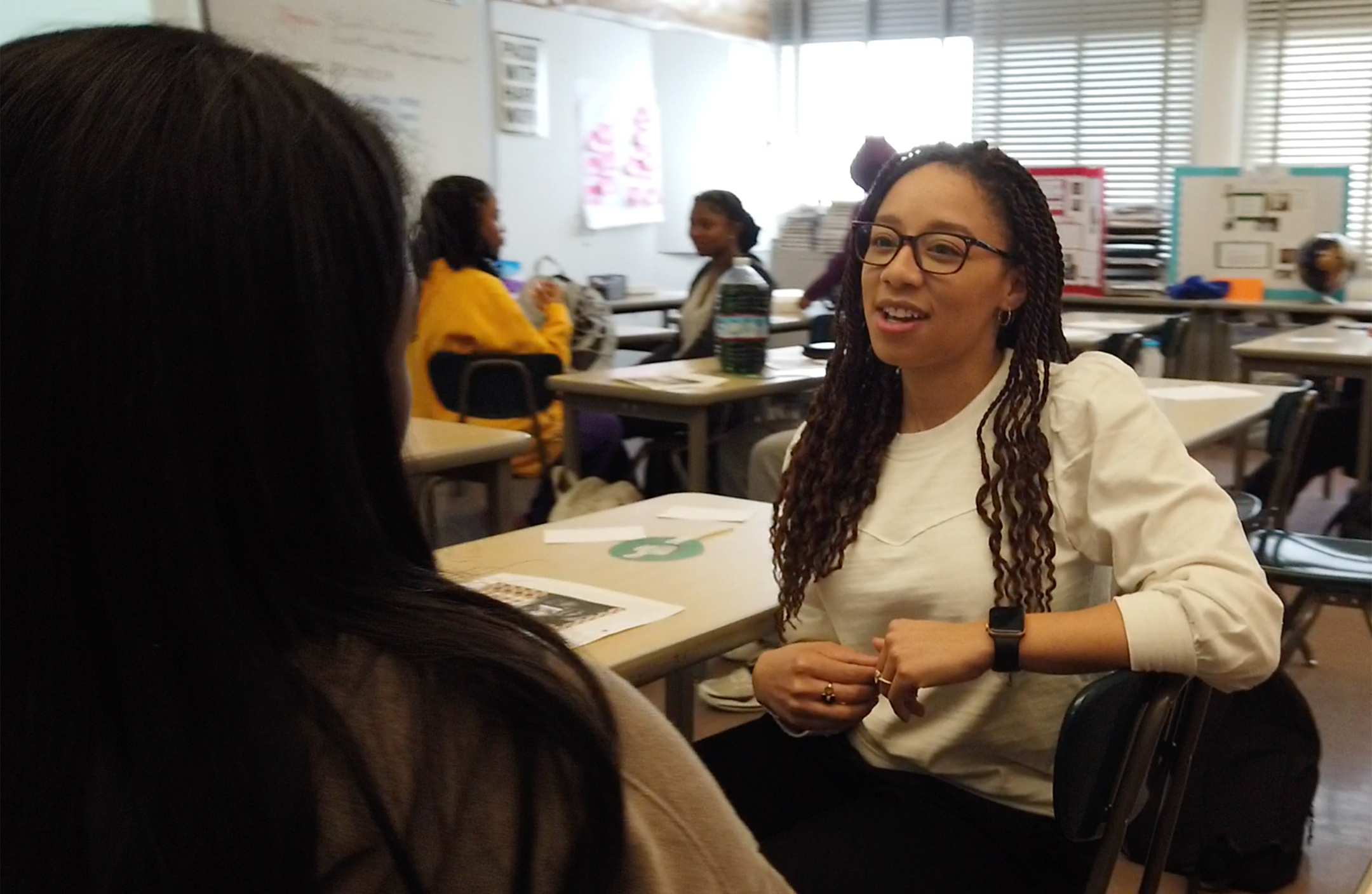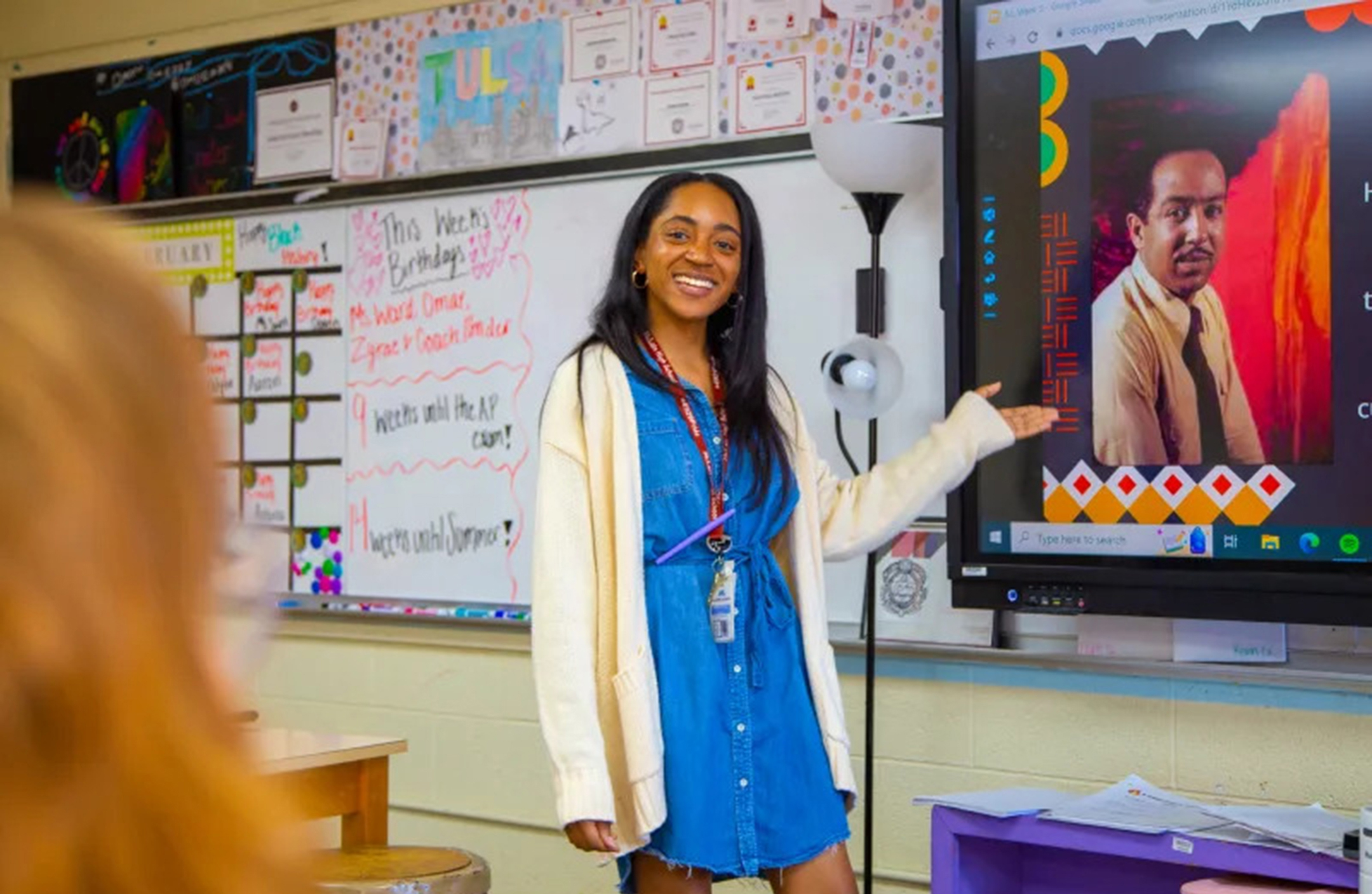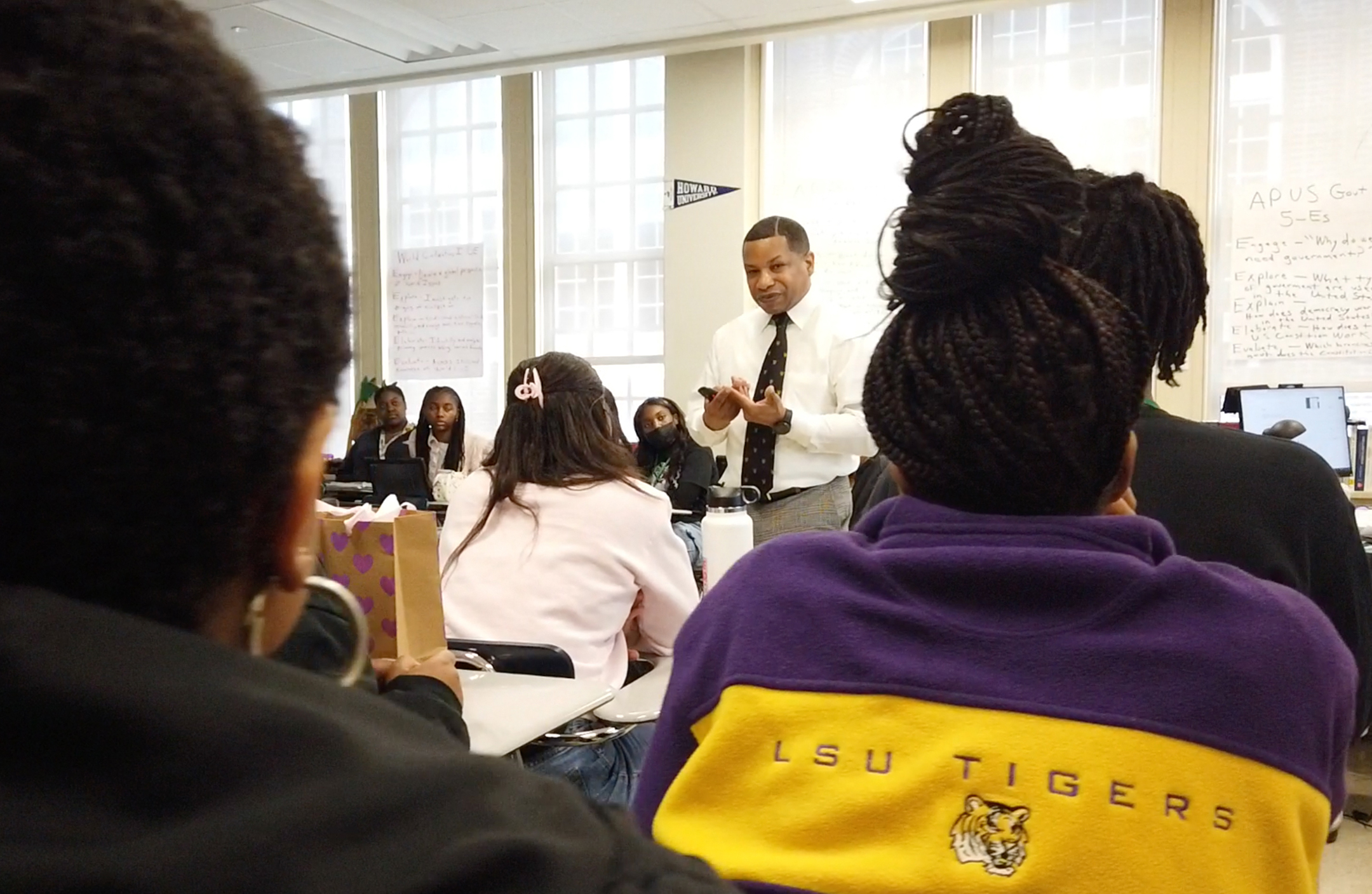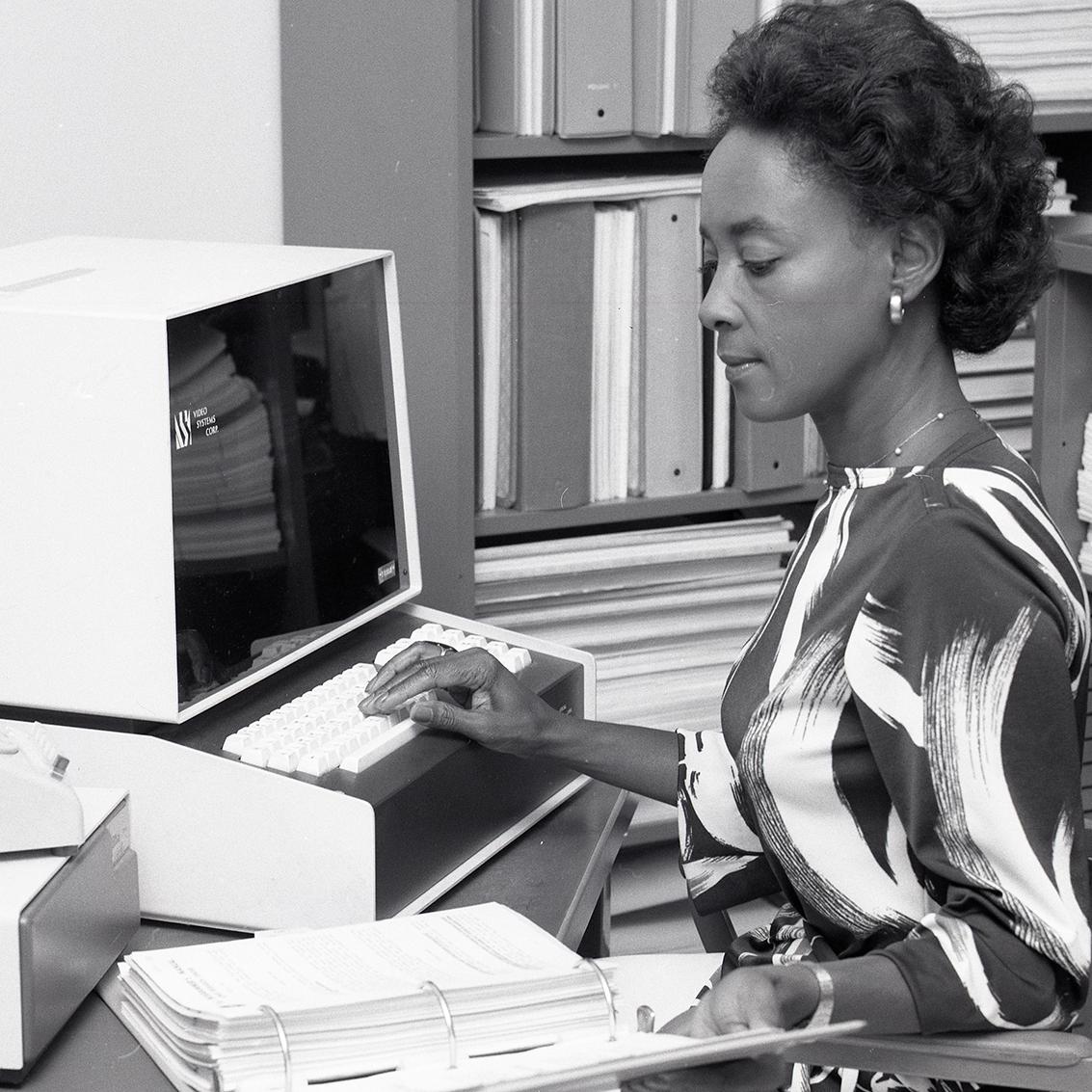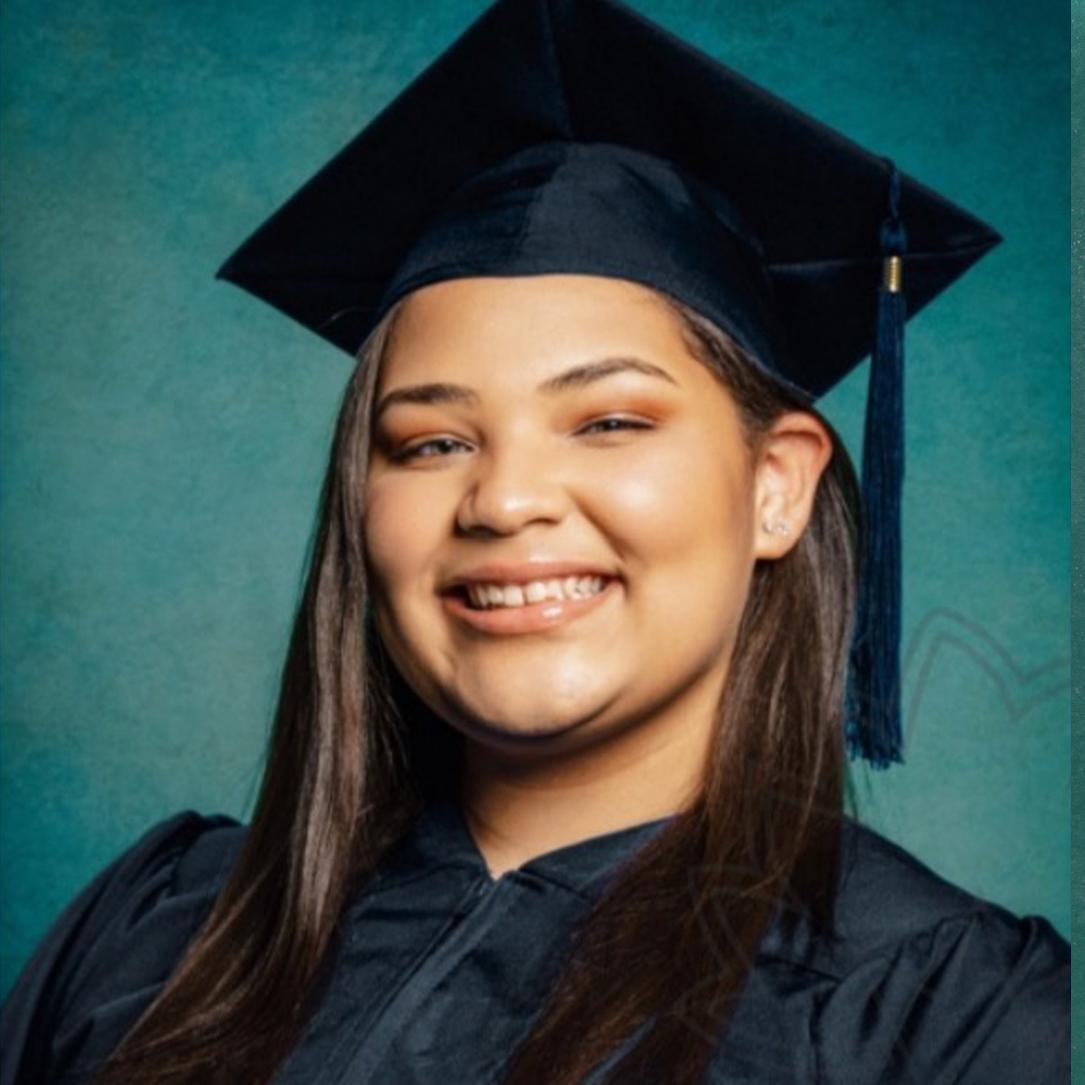
Feature
An Insider's Guide to AP African American Studies
Students, educators, and course developers share what it took to build the course—and what it means to take it
If you want to know what Advanced Placement African American Studies is about, you could read how it's described to educators: "A landmark course in Black history and culture, it examines the experiences of diverse Black communities in the U.S. within the context of the broader African diaspora. Topics range from early African kingdoms to the challenges and achievements of the present. Through direct encounters with primary sources, students develop skills in historical, literary, visual, and data analysis as they explore the wide-ranging contributions of people of African descent."
But if you want to know what AP African American Studies is about, you talk to the students and teachers currently engaged in the course.
Since 2022, more than 15,000 students and hundreds of teachers in 40 states have piloted AP African American Studies. The ultimate goal is to hone and refine the interdisciplinary course to get it ready for its national rollout in the 2024-25 school year. But these early adopters are also getting a new encounter with not just African American history but American history as a whole.
"It's not like your average history class," says Baltimore student Trinity E. "You won't be hearing things from just a one-sided perspective. You hear everything from every perspective, and it's not biased. You're not just hearing it from one person's point of view but having all those perspectives and actually joining them together as one really fits the bigger picture."
Or, as Baton Rouge student Kahlila B. puts it, "It's cool to have someone in history who looks like you just killing it, you know."
You hear a lot of this kind of thing when you talk to those involved with the development and piloting of AP African American Studies. The stories grouped here bring together some of those voices: students, teachers, senior program manager Dr. Brandi Waters, members of the course development committee. There are also resources here for anyone interested in learning more, getting involved, or bringing the course to their school or community. It's a wide-angle view on what this high-profile high school course is all about—and what it means to the people involved with it.
Click on the image or headline to be taken to each part of this collection.
The "Empowering" Experience of AP African American Studies
Go inside pilot classrooms to see “not your average history class” in action—and hear about its impact on students and teachers
The Necessary Work of Developing AP African American Studies
Members of the development committee share what it took to create the course framework, how the “noise” around it impacted the effort, and their “long-term relationship of academic guardianship”
The "Grand Opportunity" of AP African American Studies
For senior program manager Dr. Brandi Waters, working on the course is necessary, meaningful—and personal.
Fan Mail: AP African American Studies Edition
After piloting the course for two school years, thousands of students and teachers have shared the impact of their experience, in and out of the classroom.
AP African American Studies—How to Get Involved
Here are six ways to get involved with the course, set to launch for the 2024-25 school year, from helping grow it in schools to professional development opportunities.


